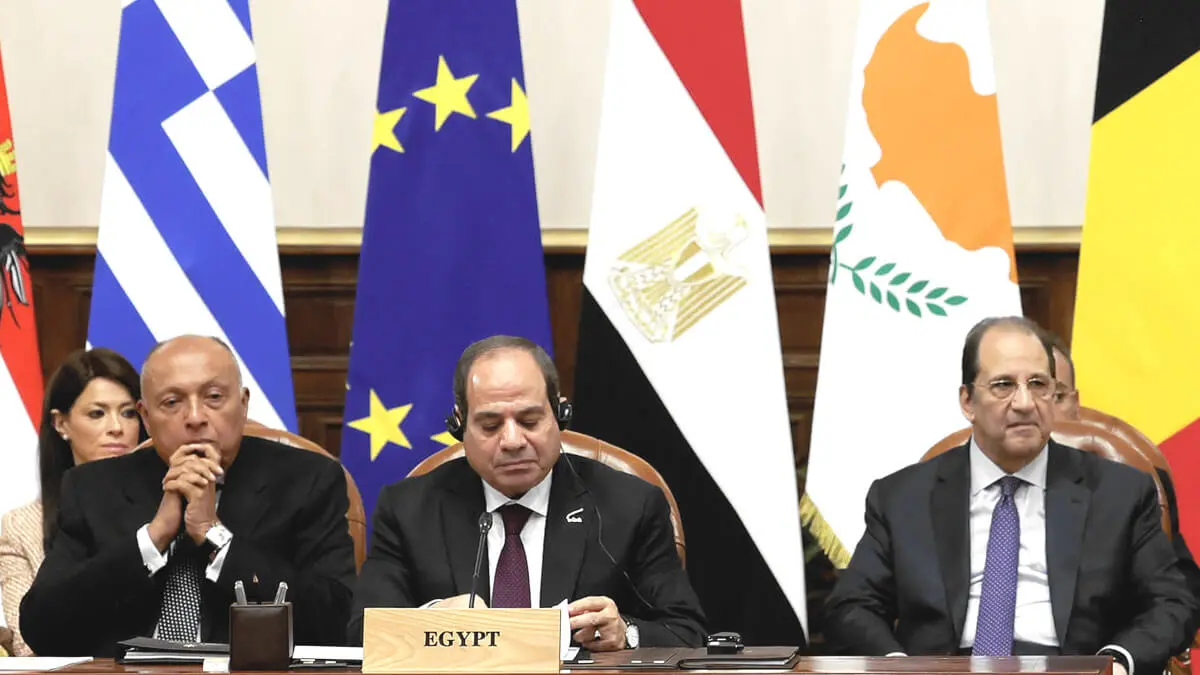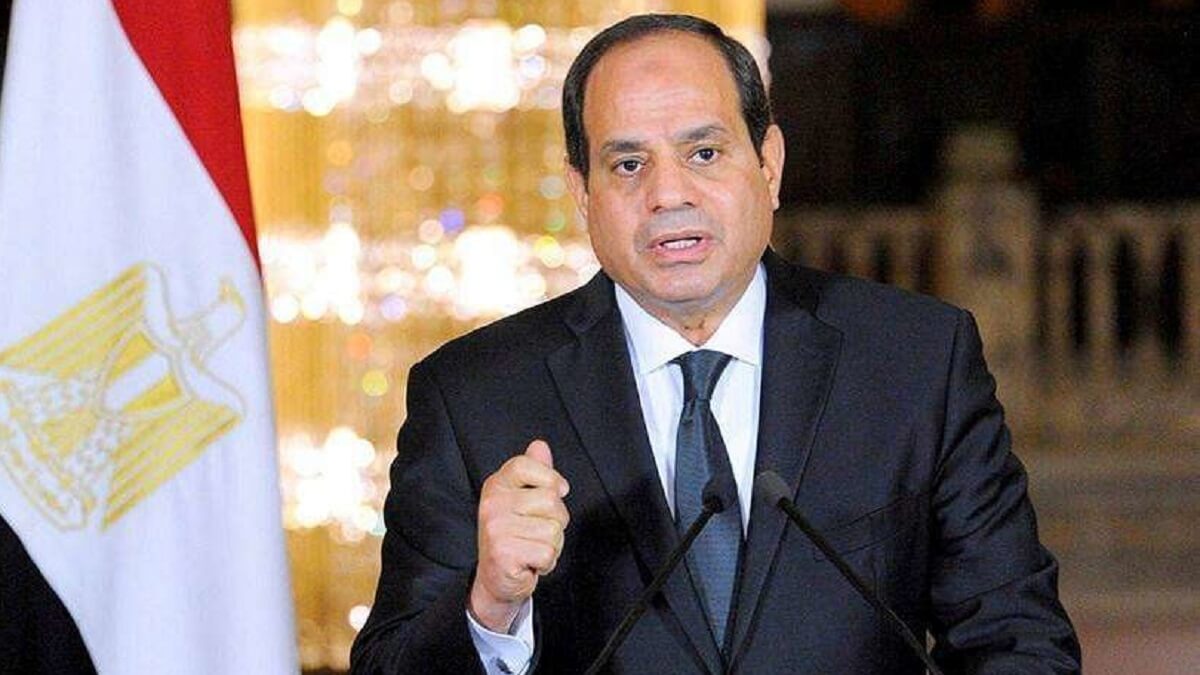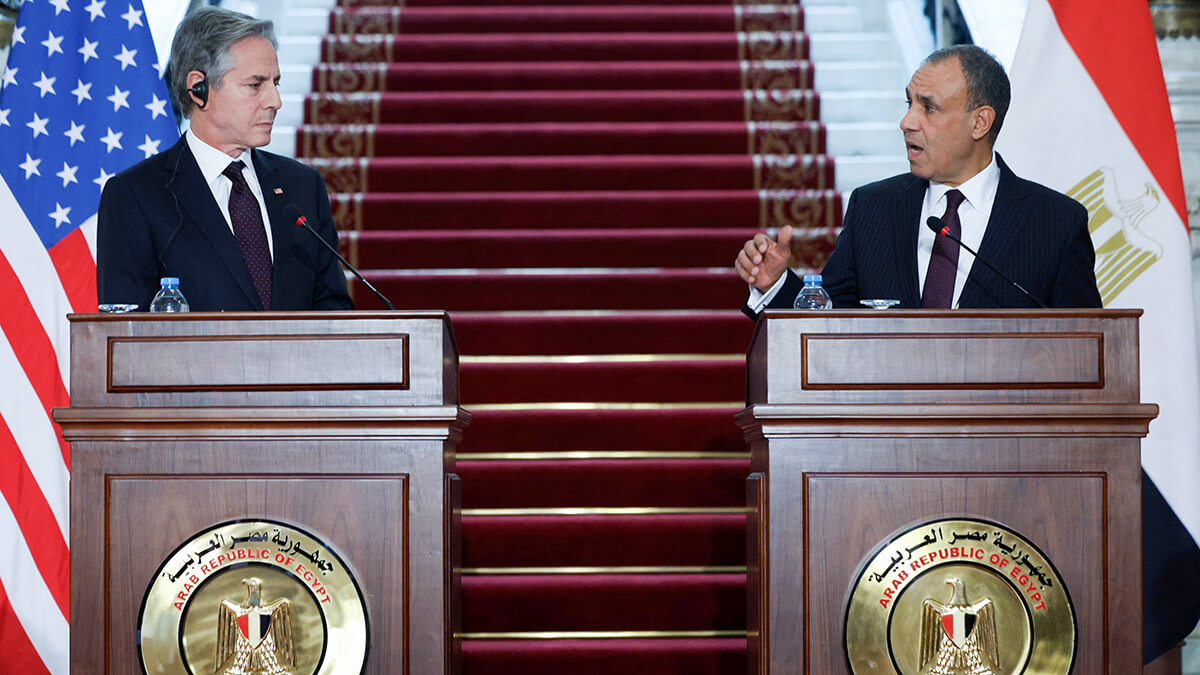Al-Sisi appoints new head of General Intelligence Service

In a statement issued by Egypt's presidency, Egyptian President Abdel Fattah Al-Sisi has relegated Abbas Kamel from the post of head of the General Intelligence Service, which he had held since 2018, to appoint Major General Hassan Mahmoud Rashad.
In his place, Kamel will take the post of adviser to the president of the Republic, general coordinator of the security services and special envoy of the president. Before becoming intelligence chief, Rashad served as undersecretary of the intelligence service.

The decision came as a surprise to observers because of Kamel's closeness during the most sensitive moments of Al-Sisi's tenure. Kamel has been with al-Sisi since he was a member of the intelligence service and during his tenure as Defence Minister.
The reform did not only affect senior officials; 11 other officials have also been replaced. These include General Mohab Mameesh, Mohsen Mahmoud Al-Salawi, adviser to the president since 2025, and Ahmed Mohamed Gamal El-Din, former interior minister. In addition to the above, many senior military commanders were relegated, as were former ministers and members of previous governments.

Egypt is a key country for North African and Middle Eastern defence and security. Positioned as the main mediator in the Gaza-Israel war, it has hosted numerous ceasefire attempts and has been one of the main supporters of the Palestinian enclave in relation to the delivery of humanitarian supplies and the opening of the Rafah crossing for other countries to transfer medical and health supplies to treat those displaced by the escalating conflict.
The intelligence agency has played an important role in the Palestinian issue since the time of Omar Suleiman. Being the top coordinator entails maintaining relations with the US, Qatar, Israel and Hamas to reach temporary ceasefire agreements in the war between Hamas and Hezbollah terrorist militias and the State of Israel.

Acquiring the post of Egypt's intelligence chief is synonymous with prestige. From now on, there will be no defence talking point that does not pass through Rashad's hands. In his opening remarks, Rashad said the change was ‘necessary and healthy’. Although Abbas Kamel held the post for more than six years, the change normally occurs every three to four years in order to keep the intelligence services as up to date as possible.
One of the keys to the appointment, according to Rashad, is keeping the agency up to date with the escalating tensions affecting much of the region. He also emphasised his eagerness to strengthen border protection, in particular the Rafah crossing at the border with the Gaza Strip. As for Abbas Kamel, it is not known whether he will have the power to make defence decisions in his new post while working hand in hand with Al-Sisi.
The sudden changes will give Egyptian intelligence a qualitative leap, especially in the technological field, mainly due to the great advances in this sector by Iran's militias and allies in the Middle East, who are increasingly attacking with greater vehemence and complexity, which is putting all General Intelligence Services around the world in check, including that of the United States and Israel, considered to be the best in the world.








